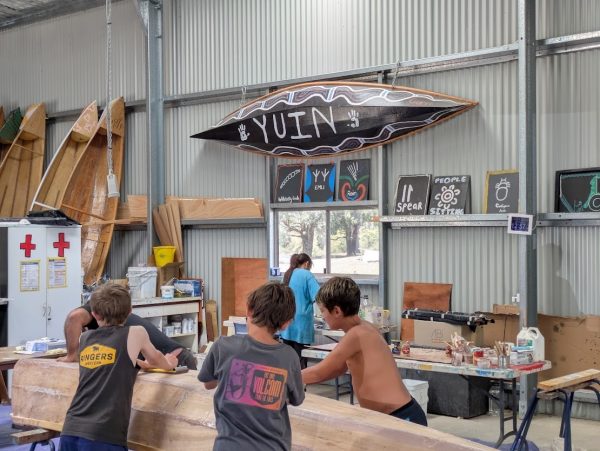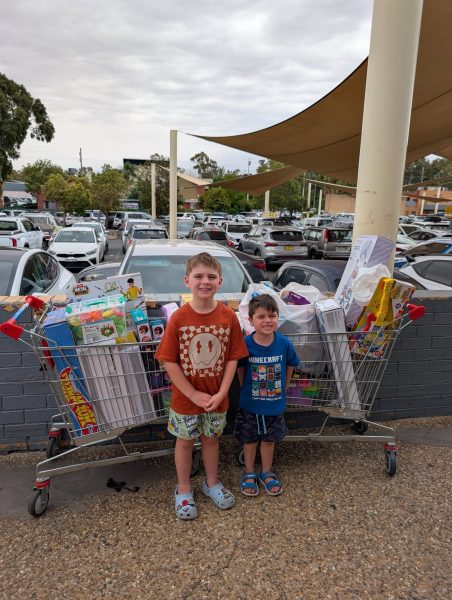No-fault homelessness on the rise, housing services overwhelmed—Anglicare report confirms rental situation worsening on the South Coast
Anglicare Australia’s Rental Affordability Snapshot (RAS), released this week, reveals a familiar trend. Despite a recent interest rate cut, and relief in sight for mortgage holders, availability for renters continues to worsen—and for those on low incomes the situation is beyond dire.
“I am terrified for some of my clients”, said Melinda, an Anglicare Housing and Homelessness Case Manager. “Housing (NSW) is overwhelmed. We are overwhelmed. Community housing options are far too limited and temporary accommodation in motels is often full. Last week a retired women in her late 60s, currently undergoing cancer treatment, had nowhere to stay but her car.”
On the South Coast, the housing crisis has forced families into temporary motel accommodation—often for more than six months, sometimes for more than 12—while searching for an affordable private rental. The situation worsens during busy holiday periods—like the recent combined Easter/School Holidays and Anzac Day, when not even a motel room could be found. Anglicare’s Moruya-based Housing and Homelessness team reports regularly providing tents and camping gear to families who have literally nowhere to go.
Devastating stories like this reflect the harsh conclusions of this year’s RAS. The report, which annually evaluates the availability of affordable rental properties for households on low incomes confirms that across the region, and the country, the rental situation has become impossible for those on low incomes.
RAS figures show:
- For a single person on JobSeeker, just three properties would be affordable nationwide.
- Nothing would be affordable for someone receiving Youth Allowance.
- Single people on the Disability Support Pension or Age Pension could afford 0.1 and 0.3 percent of properties.
Nationally, rental rates increased 14 percent over the past two years, according to new analysis from Money.com.au. Population growth, extremely low vacancy rates and a stagnant housing supply have resulted in a rental environment that is utterly untenable for those on low incomes.
Another report, Priced Out, released in March from the national housing affordability advocacy group, Everybody’s Home, highlights the burden being placed on low-income earners. It shows that on the South Coast, those earning $40,000 a year could pay 78 percent of their weekly income on rent, while aged care pensioners pay 66-70 percent, and those relying on government benefits would have just $200 a week left after rent to cover every other living expense.
“With the rental market as competitive as it is, applicants on Centrelink go to the bottom of the list”, said Melinda. “We have clients that are doing all the right things, and not getting anywhere.”
According to this year’s Snapshot, in the South Coast region, 0-2% of rental listings were appropriate and affordable for households surviving on income support payments, with 1% for households earning minimum wage.
This ongoing epidemic of unaffordability means that services like Anglicare are faced with a concerning rise in client numbers. Already this financial year our Housing and Homelessness services have assisted nearly double the number of clients we are funded to support.
“The private rental market hasn’t been working for a long time”, said Anglicare Australia CEO Kasy Chambers. “We need to be calling on the government to be ambitious on this. Every year it gets worse and every year it gets harder to meet the shortfall and fill this chasm.”
While not for profits like Anglicare continue to provide advocacy and essential support to those in crisis, the severity of the current housing situation is staggering, and for renters the situation is not improving.
We remain hopeful that state and federal governments will support community services in meeting immediate demand by increasing funding for specialist crisis and homelessness services now, while simultaneously working to find lasting and sustainable solutions to address the underlying housing problem.
For further information about Anglicare’s Rental Affordability Snapshot, or to request access to an Anglicare spokesperson, contact 02 6245 7100.

